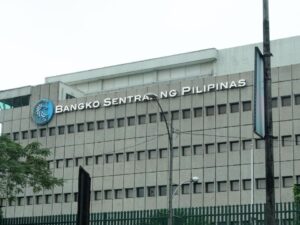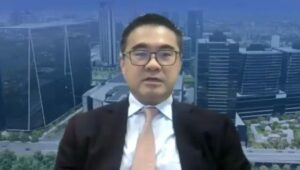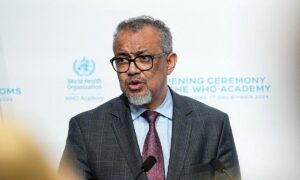
BAGUIO CITY — Several banks have appealed to the Bangko Sentral ng Pilipinas (BSP) for a two-year transition period to adjust to the proposed elimination of interbank transfer fees, according to BSP Deputy Governor Mamerto Tangonan.
In an interview, Tangonan shared that banks have expressed mixed reactions to the BSP’s draft circular, which seeks to remove fees on person-to-person electronic money transfers and payments to micro, small, and medium enterprises (MSMEs). Currently, InstaPay fees range from P8 to P75 per transaction, while PESONet fees can go from P8 to P600.
“May mga sumuporta, pero may mga [There are those who support it, but others] expressed that it will affect their business. And also another large number said that ‘Yes, we know that it’s gonna come, but provide us a soft landing… Two years daw so they could adapt,’” Tangonan explained.
The Monetary Board will decide whether the two-year period will be granted.
Draft Circular and Proposed Guidelines
Last year, the BSP issued a draft circular aiming to make person-to-person electronic transfers free of charge for transactions that meet specific thresholds. These include remittances and non-business lending that do not occur more than 10 times a week. Transactions exceeding these thresholds would still incur fees.
The BSP gave BSP-supervised financial institutions (BSFIs) until October 11 to provide feedback on the proposal.
Balancing Industry Concerns
Tangonan noted that while some banks are supportive of the initiative, others are concerned about the impact on their business models.
“There’s a segment that says either ‘Our business model is not conducive to that,’ or they said, ‘Okay, we see it coming, but we’re not ready yet. Give us a bit more time,’” he said.
The BSP is working to strike a balance that will bring most industry participants on board, with Tangonan emphasizing, “That’s what we are discussing with them. That’s what we are figuring out.”
Offsetting Costs Through Reserve Requirement Cuts
To help banks offset potential revenue losses from the removal of transfer fees, BSP Governor Eli Remolona Jr. has suggested reducing the reserve requirement ratio (RRR)—the amount of cash banks must hold against deposits—from its current 7% (one of the highest globally) to as low as 5% this year. Remolona even hinted at the possibility of lowering the RRR to 0% during his term.
With a 0% RRR, banks would have more flexibility to utilize their reserves, which could help mitigate the financial impact of offering free interbank transfers.
Next Steps and Possible Timeline
If the BSP finalizes the policy this year, Tangonan indicated that it may include a transitional provision to give banks time to adjust.
“It’s hard to give a deadline, but we seem to be seeing convergence where it’s acceptable to most industry participants,” he said. “Maybe if ever within the year, it’s a policy [that] maybe we’ll provide for a reasonable transitory provision.”





















Comments are closed for this article!